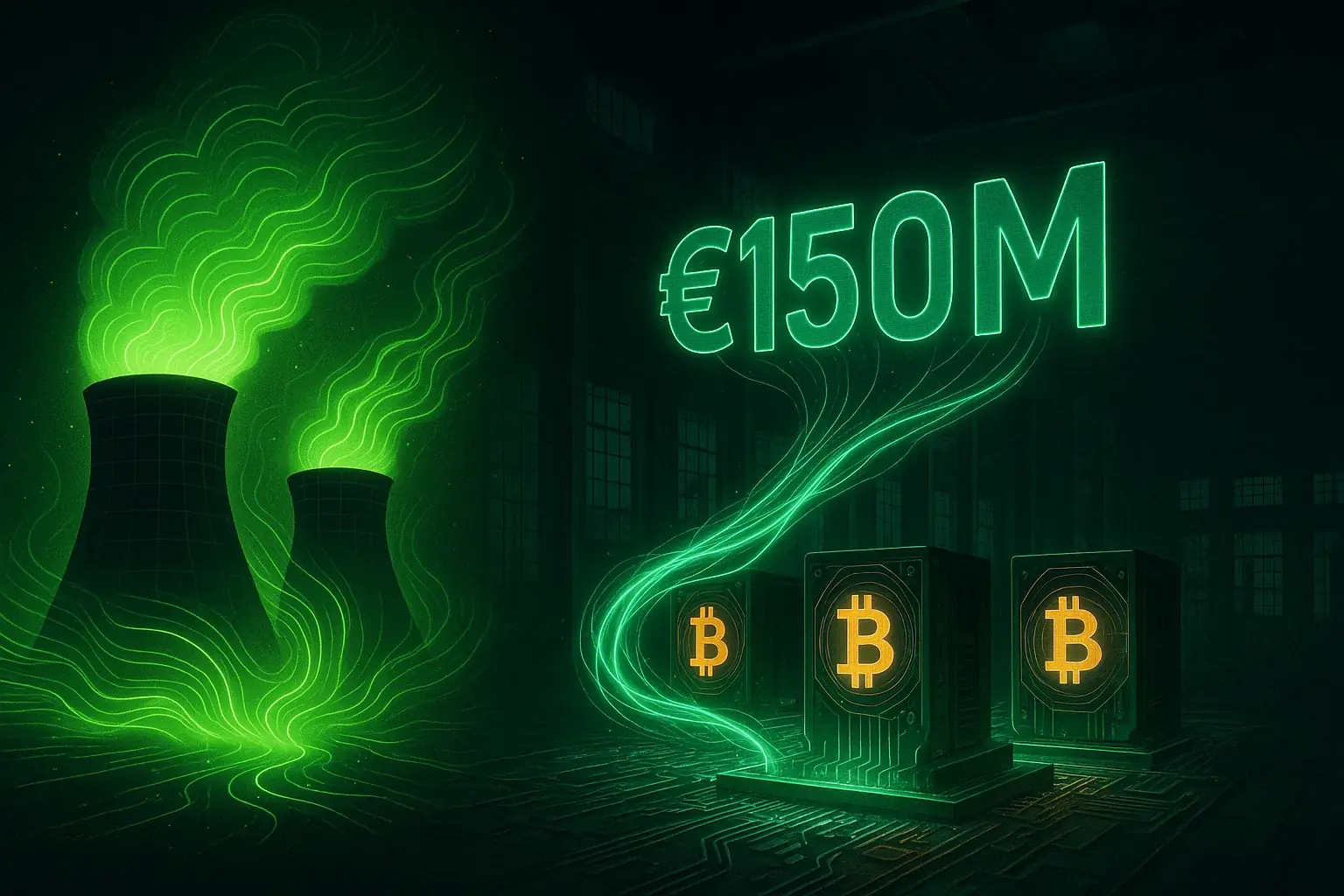With the proposal of a five-year pilot programme to monetise surplus electricity, particularly that from nuclear sources, French lawmakers have stepped up their efforts to integrate Bitcoin mining into the national energy infrastructure.
According to the plan, presented to the National Assembly on 11 July, Bitcoin mining could generate up to $150 million annually. A single gigawatt of excess electricity could generate between $100 million and $150 million annually, according to figures cited by lawmakers from the Association for Digital Asset Development (ADAN). These revenues could help reduce the costs of maintaining France's vast nuclear park.
It has only been a month since lawmakers initially suggested the government consider whether the mining of Bitcoin could be used to absorb excess energy produced by nuclear power plants. According to them, power grid imbalances and overproduction episodes are becoming more frequent due to the growing impact of intermittent energy sources such as wind and solar.
The lawmakers warned that, due to the lack of storage systems, excess energy is often sold at a loss. According to the proposal, "these wasted energy surpluses represent an unacceptable economic and energy loss".
"The large share of renewables in our electricity mix is causing recurring imbalances in the grid, including episodes of overproduction that force power producers to sell at a loss due to a lack of storage facilities. 'These unused surpluses represent an unacceptable economic and energy loss,' French officials said.
The bill proposes the creation of Bitcoin mining facilities near nuclear power plants, which would only be activated in the event of an energy surplus. This would develop a real-time system, adaptable to demand, capable of stabilising the grid without affecting supply for consumers.
The lawmakers pointed out that the necessary infrastructure is already available. As demonstrated in other countries adopting similar carbon-free energy systems, unused or closed facilities, such as abandoned factories or disused plants, could be converted for mining.
The bill also mentions other benefits. One of the most relevant is heat recovery: due to the high heat production of mining machines, this could be used to power industrial operations, greenhouses or district heating networks. A concrete example comes from Finland, where the heat generated by mining is already used in infrastructure and agriculture.
If approved, the pilot programme would start immediately and would be supervised by the French Council of State for a period of five years. A full evaluation report is expected within six months, which will analyse the feasibility of the nationwide expansion.
With this initiative, France is aligning itself with a growing number of regions - including Texas, Pakistan and Belarus - that are using Bitcoin mining to address surplus energy issues.








